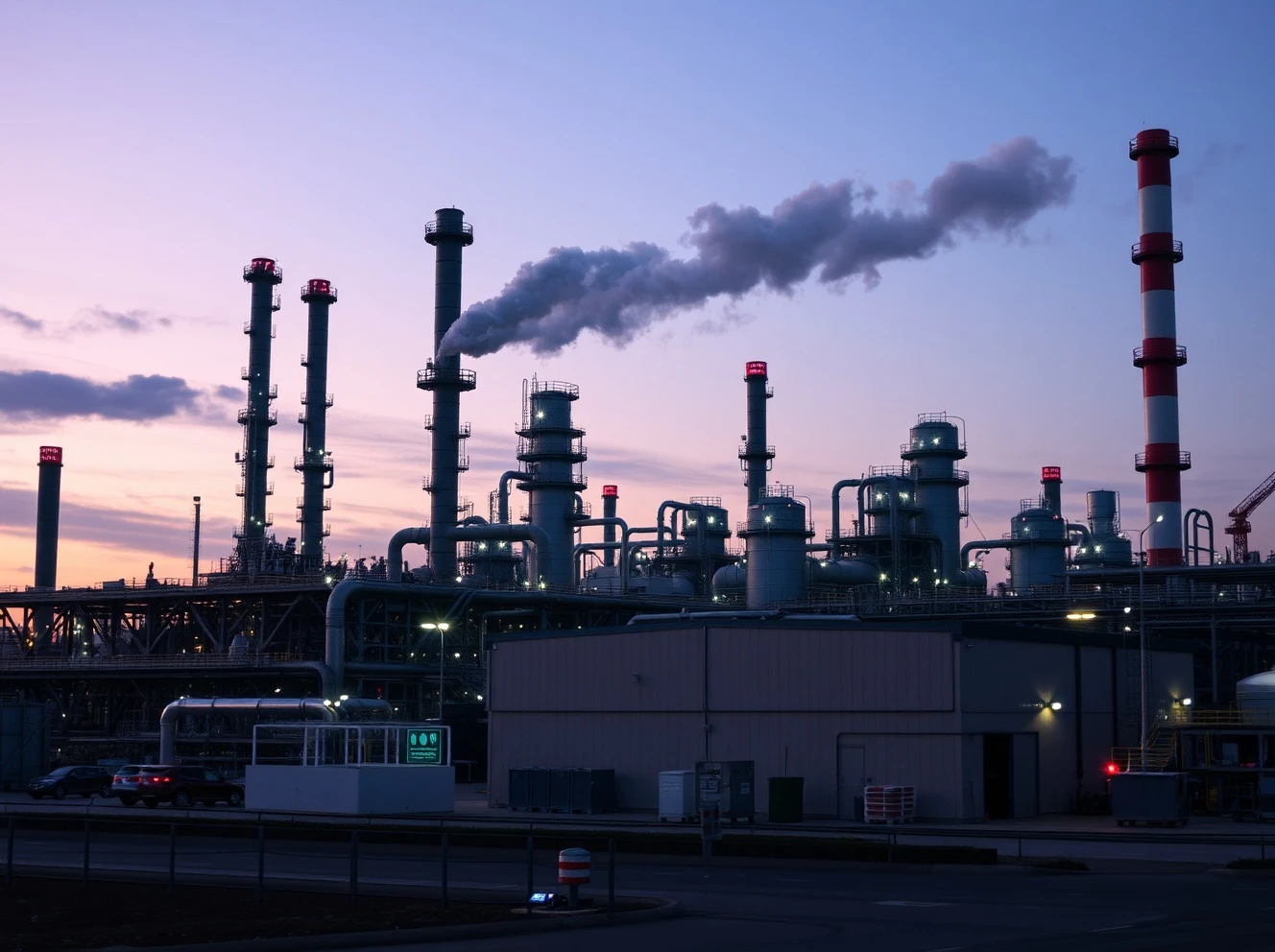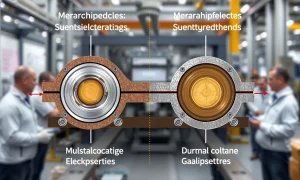British manufacturing faces a severe crisis as Ineos announces devastating job cuts at its Hull facility. The chemical giant blames unfair Chinese competition and unsustainable energy costs for eliminating 60 positions, representing one-fifth of the plant’s workforce. This alarming development signals deeper structural problems threatening UK industry.
Ineos Job Cuts Hit Hard in Hull
Sir Jim Ratcliffe’s petrochemical group Ineos has confirmed significant workforce reductions at its Hull Acetyls plant. The company cites two primary factors driving these difficult decisions. Firstly, cheap Chinese imports flood European markets. Secondly, UK energy costs remain prohibitively high. Consequently, these Ineos job cuts follow earlier closures at Grangemouth refinery.
Chinese Import Pressure Mounts
David Brooks, divisional chief executive of Ineos Acetyls, describes the competitive landscape as fundamentally unbalanced. “Dirt-cheap, carbon-heavy imports from China” undermine European manufacturing. Moreover, these products benefit from different environmental standards. Therefore, European companies struggle to compete on price. The situation mirrors challenges faced across continental operations.
Energy Costs Cripple Competitiveness
UK industrial energy prices significantly exceed global competitors. This cost disadvantage compounds existing challenges. Additionally, recent £30 million investment in hydrogen conversion demonstrates commitment to sustainability. However, high operational costs threaten these green initiatives. Meanwhile, European counterparts face similar pressures.
Broader Industrial Implications
These Ineos job cuts represent a worrying trend. Since 2019, the company has closed multiple European sites. Furthermore, 175 positions disappeared at German operations. Brooks warns about “sleepwalking into deindustrialisation.” Once manufacturing capacity leaves, it rarely returns. Thus, strategic intervention becomes urgently necessary.
Government Action Required
Ineos calls for stronger trade protections and energy cost relief. The company emphasizes three critical areas needing attention:
- Trade defenses against anti-competitive practices
- Energy cost reduction for industrial users
- Carbon policy alignment with global competitors
Without these measures, further job losses seem inevitable.
Future Manufacturing Outlook
The Hull facility produces essential acetyl chemicals for pharmaceuticals and industrial applications. Despite current challenges, Ineos maintains commitment to UK manufacturing. However, the company stresses that survival depends on policy changes. Meanwhile, global competition intensifies as trade patterns shift.
Frequently Asked Questions
Why is Ineos cutting jobs in Hull?
Ineos cites two main reasons: cheap Chinese imports undercutting European products and high UK energy costs making manufacturing uncompetitive.
How many jobs are being cut?
The company is eliminating 60 positions at its Hull Acetyls plant, representing approximately 20% of the site’s workforce.
Are other Ineos sites affected?
Yes, the company recently cut 175 jobs in Germany and has closed several European facilities since 2019, including sites in Scotland and Belgium.
What products does the Hull plant manufacture?
The facility produces acetyl chemicals used in pharmaceuticals, adhesives, and industrial coatings, including ingredients for common medications like aspirin and paracetamol.
What government action does Ineos want?
The company seeks stronger trade protections against Chinese imports, reduced energy costs for industry, and carbon policies aligned with global competitors.
Has Ineos invested in modernizing the Hull plant?
Yes, the company recently invested £30 million to convert the facility to hydrogen power as part of decarbonization efforts.







